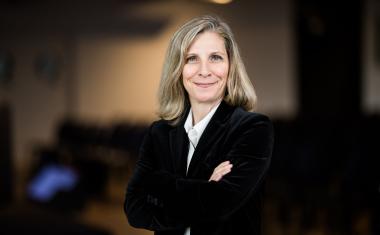05.06.2024 • News
Trying Times and a Wave of Light
In February, industry leaders from 20 industrial sectors presented the ‘Antwerp Declaration for a European Industrial Deal’. The declaration emphasizes industry's dedication to Europe's transformation and outlines urgent needs to enhance Europe's competitiveness, resilience, and sustainability amid challenging economic circumstances.
Read more with free registration
Register now for free and get full access to all exclusive articles from chemanager-online.com. With our newsletter we regularly send you top news from the chemistry industry as well as the latest e-issue.
most read


CHEManager International Media Kit 2026
Compelling solutions through strategic partnerships

VCI Welcomes US-EU Customs Deal
The German Chemical Industry Association (VCI) welcomes the fact that Ursula von der Leyen, President of the European Commission, and US President Donald Trump have averted the danger of a trade war for the time being.

Orion Announced Plans to Shut Down Carbon Black Plants
Carbon black manufacturer Orion Engineered Carbons plans to rationalize production lines in North and South America and EMEA.

Ratcliffe: Chemical Industry in Europe at a Tipping Point
Ineos CEO Ineos calls on European politicians to save the chemical industry.












